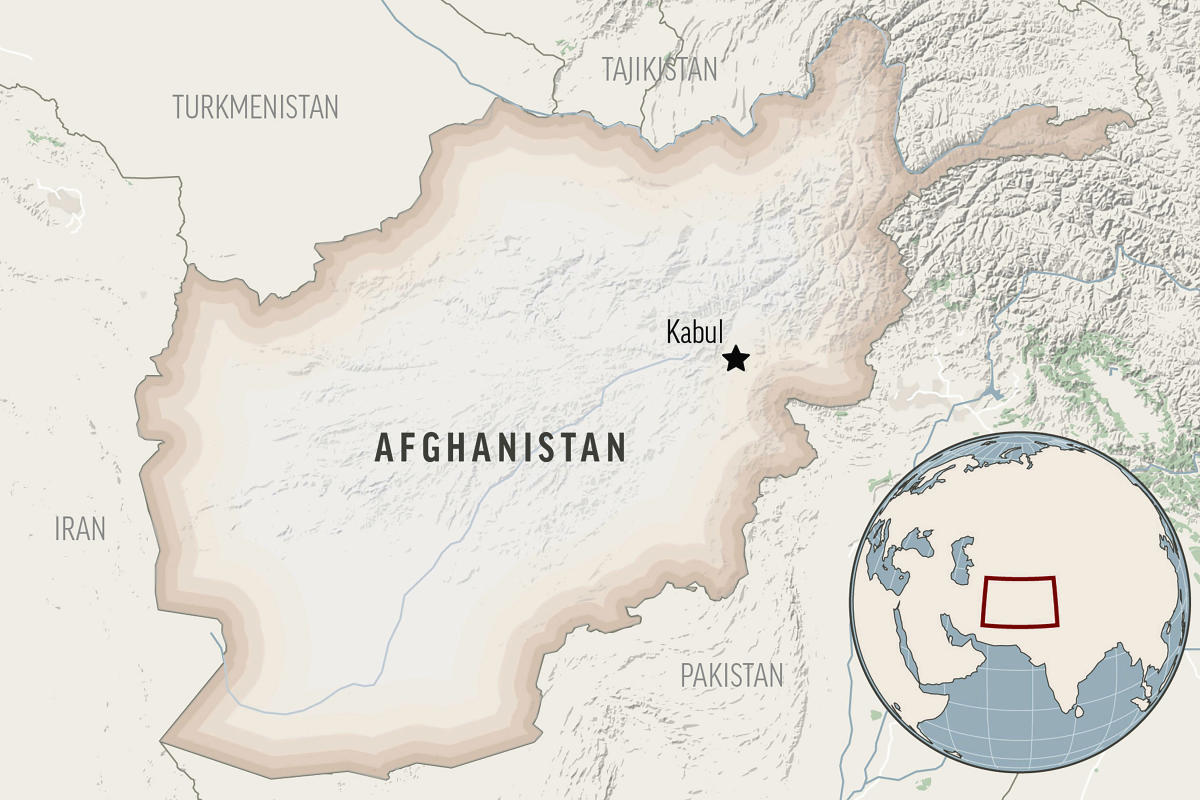
BERLIN (AP) — The United Nations’ human rights chief on Tuesday decried increasing restrictions on women’s rights in Afghanistan, urging the country’s Taliban rulers to reverse them immediately. He pointed to “terrible consequences” of a decision to bar women from working for non-governmental organizations.
Last week, Taliban authorities stopped university education for women, sparking international outrage and demonstrations in Afghan cities. On Saturday, they announced the exclusion of women from NGO work, a move that already has prompted four major international aid agencies to suspend operations in Afghanistan.
“No country can develop — indeed survive — socially and economically with half its population excluded,” U.N. High Commissioner for Human Rights Volker Türk said in a statement issued in Geneva. “These unfathomable restrictions placed on women and girls will not only increase the suffering of all Afghans but, I fear, pose a risk beyond Afghanistan’s borders.”
“This latest decree by the de facto authorities will have terrible consequences for women and for all Afghan people,” Türk said, adding that banning women from working for NGOs will deprive them and their families of incomes and of the right to “contribute positively” to the country’s development.
“The ban will significantly impair, if not destroy, the capacity of these NGOs to deliver the essential services on which so many vulnerable Afghans depend,” he said.
Despite initially promising a more moderate rule respecting rights for women and minorities when they took power last year, the Taliban have widely implemented their strict interpretation of Islamic law, or Sharia.
They have banned girls from middle school and high school, restricted women from most employment and ordered them to wear head-to-toe clothing in public. Women are also banned from parks and gyms.
“Women and girls cannot be denied their inherent rights,” Türk said. “Attempts by the de facto authorities to relegate them to silence and invisibility will not succeed — it will merely harm all Afghans, compound their suffering, and impede the country’s development.”




